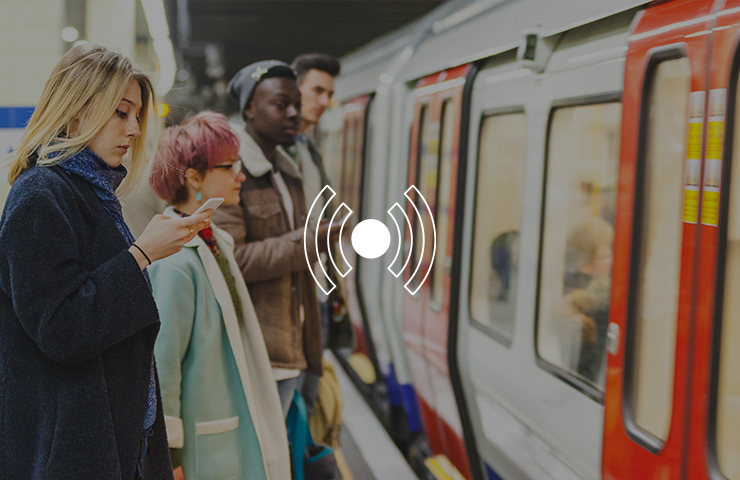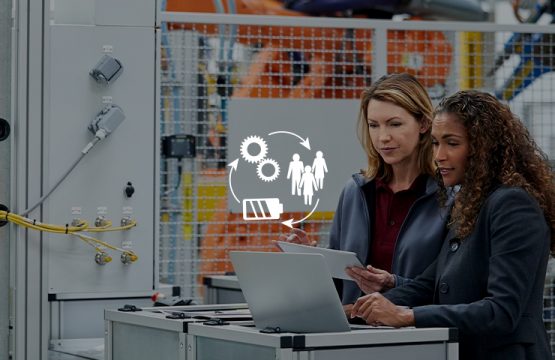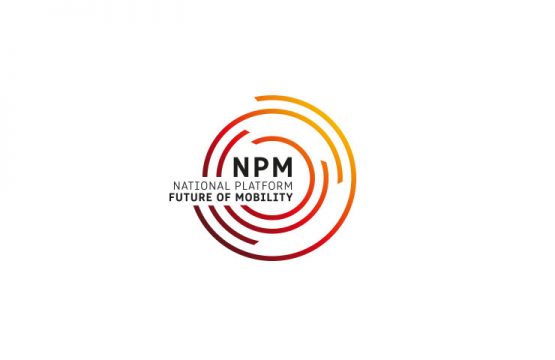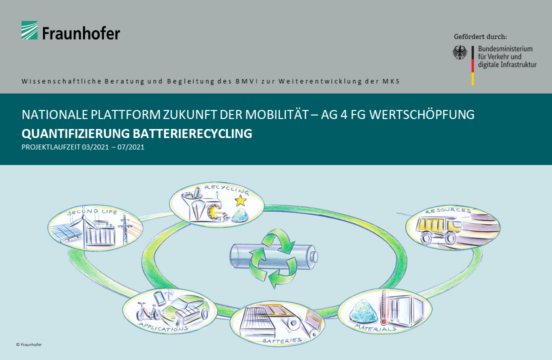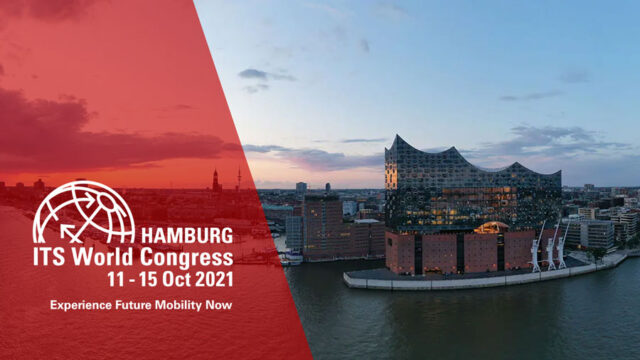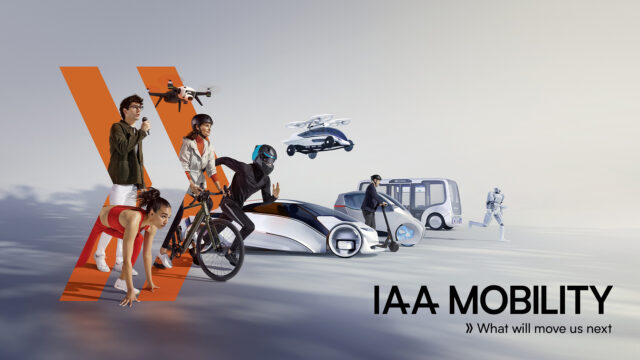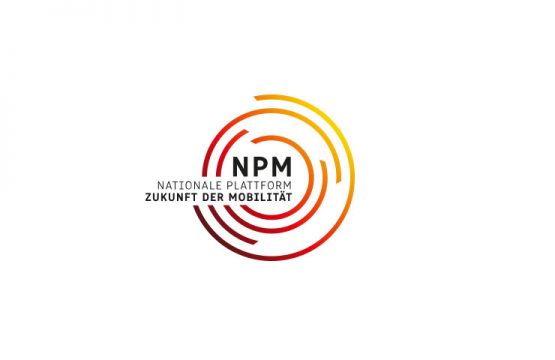The digitalisation of the mobility sector is an enormous challenge for Germany. Only if policy-makers, industry and civil society invest in this task for the future can the promising potential be realised. In its first interim report, the Working Group 3 (WG 3) “Digitalisation for the mobility sector” acknowledges these clear overarching goals:
- Increasing ecological sustainability by reducing emissions and immissions.
- Meeting individual mobility needs by developing simple, fast and affordable mobility services.
- Taking into account requirements from urban and rural areas as well as demographic aspects.
- Increasing efficiency through seamless, convenient and integrated traffic flows.
- Increasing traffic safety.
- Developing the necessary technological prerequisites in the areas of infrastructure, networking and enabling modes of transport.
The topics of the interim report are subdivided into topic areas according to the five focus groups of the WG 3. Multi- and intermodal mobility – i.e. the availability and use of different modes of transport at different times or in combination within a route – make our transport system offering more diverse, improve supply and thus provide a decisive incentive to switch more frequently to environmentally and climate-friendly alternatives. Autonomous mobility is an important component of a multi-modal system. Driverless shuttles in multi-modal applications are used more frequently and better connect public transport and rail traffic. At the same time, they consume less public space.
These two main topics are supported by three so-called enabler topics, which explain the technological requirements for a functioning whole system. Therefore, it is essential to create an ecosystem for mobility data that makes the various services and associated data silos available for more efficient traffic and route planning. Furthermore, the necessary infrastructural prerequisites must be met for the mobile network and, last but not least, new mobility concepts and their operation must be safe. For the development and implementation of the applications and enabler topics, the WG 3 provides initial action-oriented recommendations for measures in its interim report. In addition, the WG 3 recommends testing these diverse tasks and requirements as part of a pilot project 2020/2021, identifying a suitable (sub-)urban region and establishing an accompanying communications process.
The full report can be viewed and downloaded here.
